Physics
-
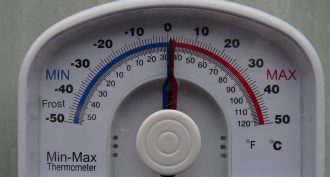 Materials Science
Materials ScienceExplainer: Temperature and electrical resistance
Higher temperatures mean more energy and more motion. In contrast, cold means slow moving molecules.
By Ron Cowen -
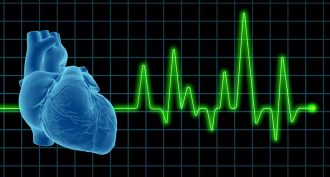 Tech
TechLight can control waves in heart tissue
Researchers have used light to trigger and control electrical waves in the heart. The technique might one day provide new ways to treat heart disease.
-
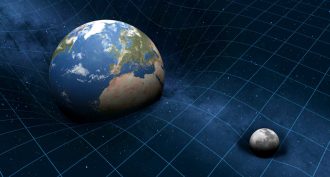 Physics
PhysicsEinstein taught us: It’s all ‘relative’
One hundred years ago, a German physicist shared some math he had been working on. In short order, his theory of relativity would revise forever how people viewed the universe.
-
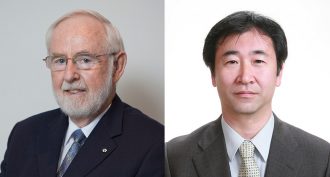 Physics
PhysicsParticles that zip through matter snare Nobel
Two scientists won the 2015 Nobel Prize in physics for their discovery that neutrinos, particles that can pass through almost all matter, have mass.
By Janet Raloff and Andrew Grant -
 Materials Science
Materials ScienceScientists Say: Kevlar
Many people hear Kevlar and think of body armor. But this polymer is in so much more.
-
 Animals
AnimalsHummingbird tongues may be tiny pumps
Scientists had thought that hummingbird tongues work through capillary action. A new study, though, concludes they work like little pumps.
By Susan Milius and Sarah Zielinski -
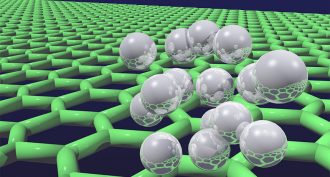 Physics
PhysicsScientists Say: Quantum
Quantum seems like a very complex word. But really, it’s a term used for something very, very small.
-
 Physics
PhysicsScientists Say: Viscosity
We know some liquids are thick and some are thin. This week’s word describes the property of these liquids to resist tension or pressure.
-
 Physics
PhysicsStephen Hawking says his group has solved a black hole puzzle
Physicist Stephen Hawking says light sliding along the outside of a black hole holds the key to understanding what’s inside.
By Andrew Grant -
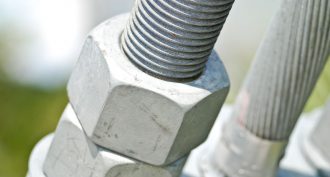 Physics
PhysicsScientists Say: Torque
Some forces pull and some push. This force produces turning or twisting.
-
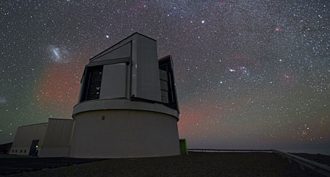 Physics
PhysicsFade to black? The universe is in decline
One of the largest sky surveys ever made has found that the universe is in decline. And after losing even more energy over the next 100 billion years, it will be dark, empty and boring.
By Ilima Loomis -
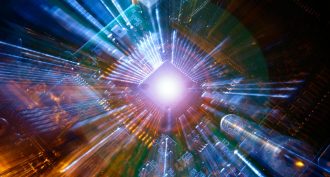 Materials Science
Materials ScienceLong-sought subatomic particle ‘seen’ at last
Physicists have finally caught a brief glimpse of massless subatomic particles that were first predicted to exist 85 years ago. It’s the elusive Weyl fermion.
By Andrew Grant